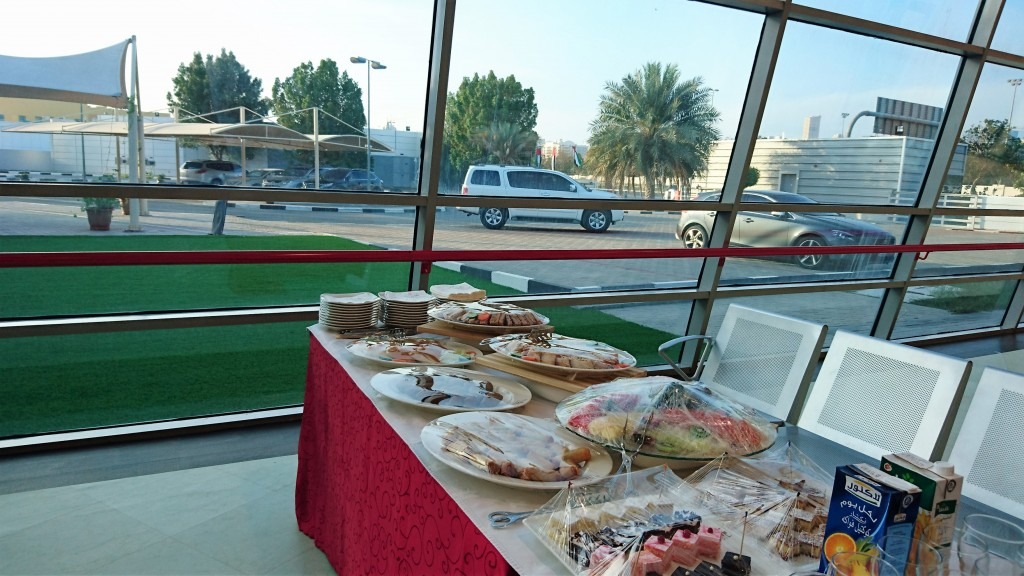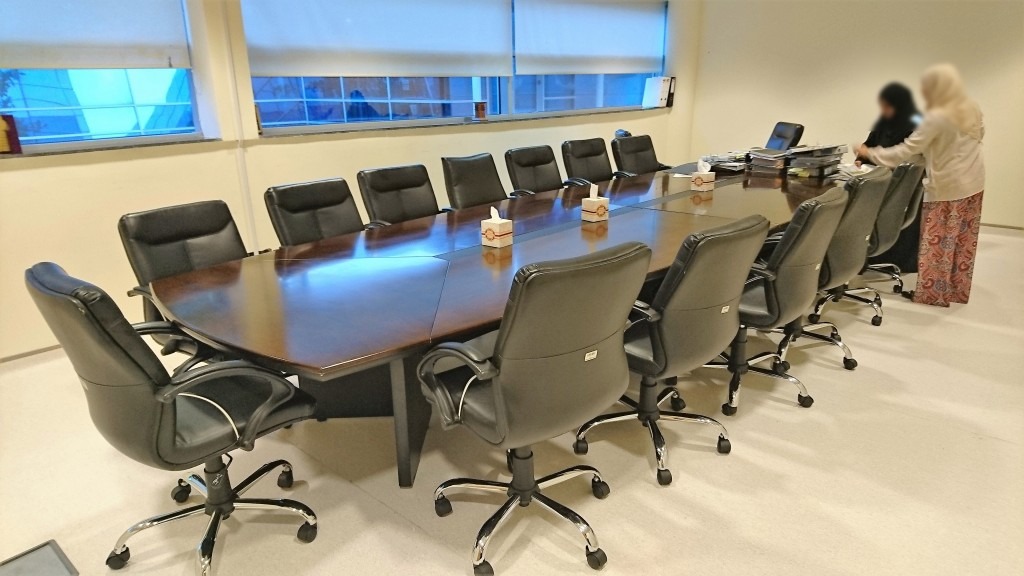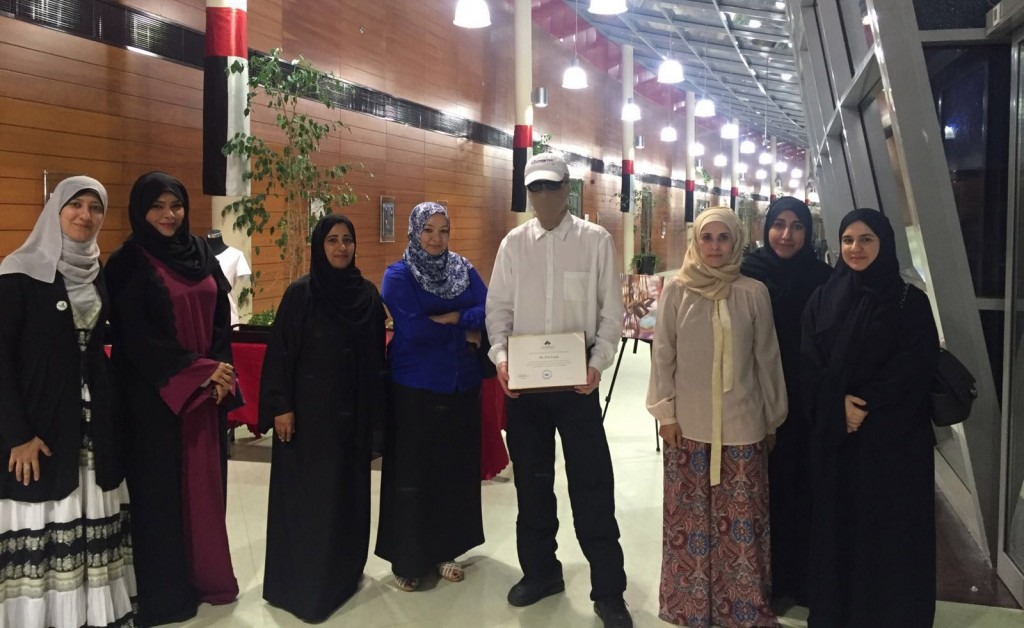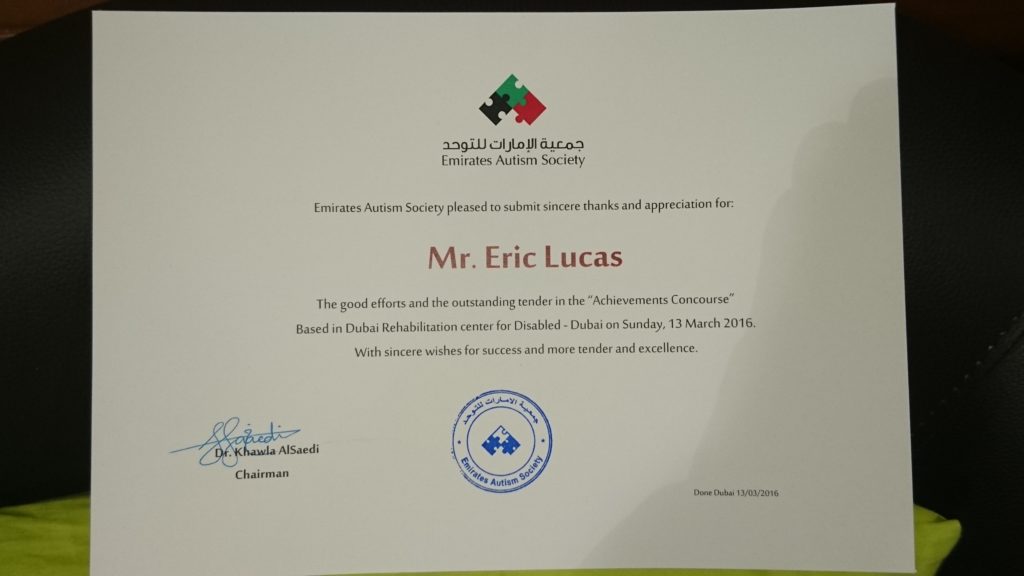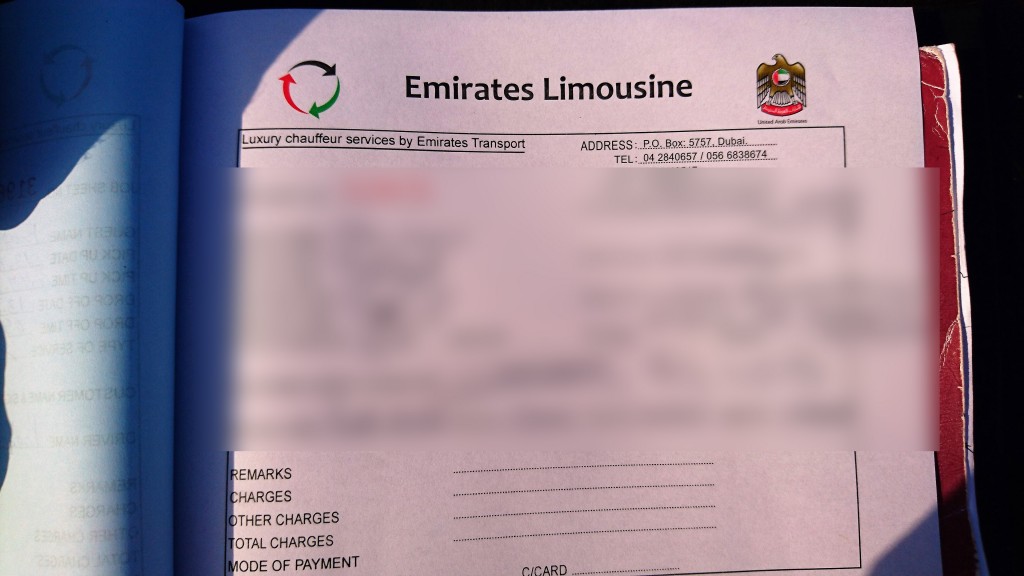Warning by Eric :
This meeting has been a little bit «chaotic» (but very interesting) and my speech abilities are sometimes «impaired» (many little hesitations (stammering / stuttering) and confusions and little english errors etc., especially at the end) because, in the morning, I experienced what I call a «neurological aggression», due to a «non-autistic street address» (of an office).
(If you want to know more, please read at the bottom of this page, in blue.)
– All this has nothing to see with the local organisation related to autism, who is helping for these meetings, and who is really «good», in my opinion.
– The center who hosted the meeting did their best and were very kind and helpful too, and solved quickly the little difficulties that I encountered because my higher-than-usual level of sensitivity.
On the other hand, given that my neurological system was not completely calmed down (although I slept before the meeting), this allowed to make some real-time experiences during the meeting (and most of them were related to «doors»).
Part 1 :
(In a public center for persons with Special Needs in Dubai)
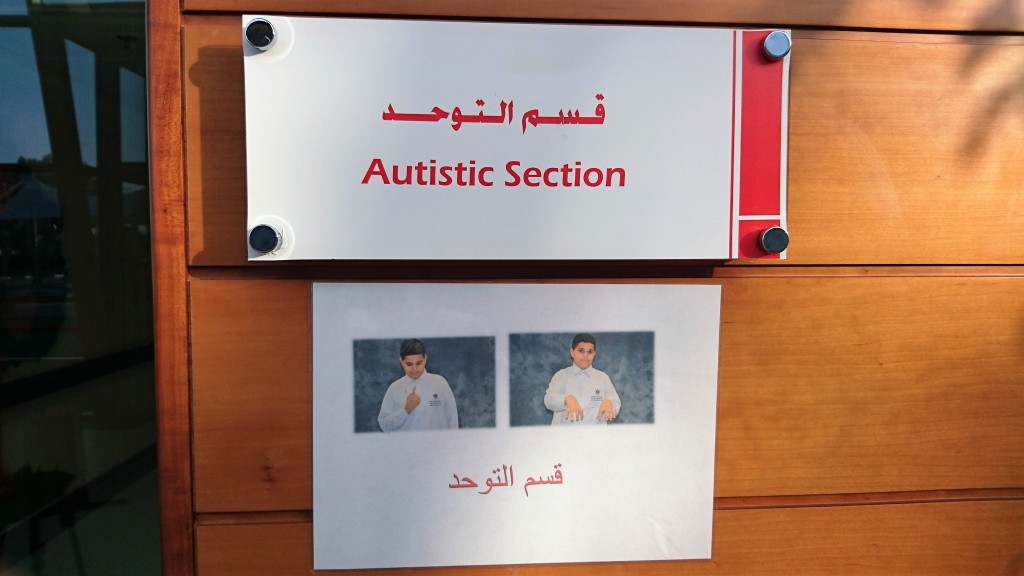
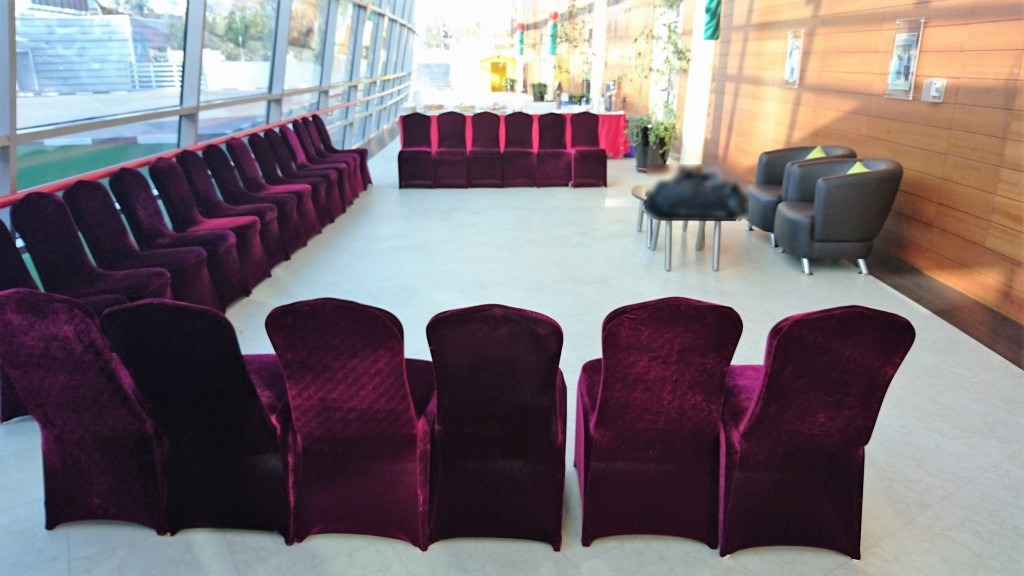
In this first part, lasting about 6 mn, there is a beginning of presentation, but it was difficult to continue because it was in a large corridor (like a hall) with some space (nicely) arranged for the occasion, but, in short, without «protection» and with too many risks of «distractions».
Anyway it is interesting to listen to this «beginning», to understand better the rest of the meeting, because this real-time experience of autistic special needs is mentioned or used several times during the talks.
(backup link, in case of problem with the player above)
Part 2 :
(click the links to listen)
0:00:00 – Beginning – explanation about the «not-a-real-room» and «lack of door» problem in the first part
0:03:02 – Self-presentation – «revelation» thanks to the discovery of «Asperger syndrome» – the misunderstandings
0:05:58 – Idea of creating an association – very short mention of the situation in France
0:06:47 – Huge misunderstanding between «autism» and the «normal» society – «autism-seen-as-a-disease» – the biological difference – «the law of the most numerous» – fright – when you can’t understand someone… – there is always a reason for the autistic behaviours
0:10:28 – This reason is always a «neurological aggression» (sensory or mental)
(exactly at this moment, occured in the room an very little example of «neurological mental aggression», with the «door not completely closed»)
0:12:13 – The 2 types of «neurological aggressions» : sensory, and mental – a few mentions about the links between both – the *inconsistencies* and incoherences and non-natural variations – the *order* – very very high sensitivity
0:17:23 – This hypersensitivity to details and variations can be a quality, for a job for example – talents – Isreali army using Asperger persons to spot non-natural details on satellite pictures
0:18:02 – The autistic nature = nature and harmony – autistic mind in the nature : no conflicts – non-sense of society – autistic «logical, pure mind»
0:22:36 – Always reasons for «strange gestures» (flapping etc.)
0:23:15 – Explanation of the progress of autistic problems : very little details (that no one else sees or feels) –> neurological aggression –> irritation –> accumulation of irritations over the time (plus various mental aggressions due to the primary aggression) –> difficult to explain or express (and frustration linked to that) (many times the irritations come from the others – example of the little problem of the morning – sun and shadow and social obligations) (when society think there is no problem, they just say «there is no problem») (boiling water or milk) (problems to express oneself when one is irritated – risks of fast escalation) –> even when you can explain, sometimes they don’t believe you –> even if they believe, generally the people who could stop or reduce the aggression don’t want to do it, or are not authorized to do it, because of the «power of normality» («it’s like that, you have to do like everyone»)
0:37:17 – Autistics cannot accept injustice – because the «resistance to (social) non-sense» is part of the essence of autism – things are decided by majority, not taking autism into account : «sorry, you have suffer»
0:38:11 – The adaptations from society («reasonable accomodations») could be easy to do (or at least not expensive) – example of the «not requested or not appropriate attention or care» (beware : this does not mean «don’t propose help» ; it means «make this help available, so the person can chose it or not) – many times, the biggest need of the autistic is to be quiet or alone in his thought – like when you sleep
QUESTIONS :
0:41:56 – «You discovered your «Asperger syndrome» 3 years ago, but what about before, did you have problems ? (Why didn’t you discover it earlier ?… (this conclusion of the question was not understood by Eric, who was «blocked» on the first part of the question)).» – problems since the beginning – at school etc. – my speech problems : I speak too much (explanations about my 5-hours long «message about the year 2015») – autistic problems at work – problems at home (each time not alone) – when you know the mechanism of your autism, less problems – complicated (not straight-forward) social communication codes – assumptions about «intentions» – example of a double-misunderstanding (or double «mistaken identity»)
0:51:00 – «How did you discover ? (Asperger)» – the «difference» – «you have +something+» – a «sheep with 5 legs» – the movie «My name is Khan» – the revelation (fixing problems – the sincerity – the *yellow color*) – verifications (Aspiequiz on RDOS.NET (168/200 points), then official diagnostic) – «first time I see something +made for me+» – problems with forms, with cases (like «tourism» or «work»)
1:03:29 – «What is your Asperger giftedness ?» – difference between «Asperger» and «high functioning» – impossible to find proper definitions as long as autism is seen as a disease – talents and intelligence «above normal» – stereotypes – maths – yes there are special talents – «in my case I don’t know – maybe with my jacket – (maybe about the possibility to understand and make bridges with people, but Eric forgot to mention this)» – find talents of any autistic (even not Asperger, non-speaking etc.) – help the children to find their special talents, don’t block their «narrow interests» – the special jacket
1:12:44 – (preparing to take a break, back in the first place (the large corridor or hall))
Part 3 :
(click the links to listen)
0:00:00 – «Haven’t you seen psychologists before your diagnostic 3 years ago ?» – official diagnostics after – and before, plenty of doctors but they did not understand – confusion with schizoprenia
0:01:46 – (Question about «Eric LUCAS» teacher in the USA (about autism)… (probably someone with the same name or a similar name ?))
0:02:30 – «When or where are you the more subject to the +aggressions+ or autistic problems ?» – it is when there is an inconsistency – but it is worse in the evening, when tired – and with the heat also
0:04:11 – «My son has sensitivity to the sounds…» – (there was a huge storm last wednesday) – with some music also – about crying easily (once again, example about the address problem of this morning – feeling like «stranded», desperate, almost close to be crying – found a place to rest for a while) – rap music (very irritating and «blocking»)
0:11:29 – «So do you think that we don’t have to disturb them ? Allow them to do whatever they want ?» – «in a perfect world», yes, the autistic need the right to be in peace – importance of the «refuges» – the more important is the thought for the autistics – another kind of life experience – hermits – purity of the life far from nonsense of (westerner) social system – but it is important to help to learn methods to live with people, to be more autonomous – the best is to do both : learn tools for when autistics want to go in society, but without being forced (no justification) – if we feel anything anything not fair, our mind will block – the solution is : make the «normal things» (or family etc) interesting for the autistic – ABA – the very high importance of justifications for the autistics
(it is also important to find and develop the autistic qualities and talents, but this has been forgotten in the answer)
0:19:41 – «How to explain my son that some behaviours not acceptable ?» – he gets more angry – no problem at school with rules – problems at home, no contact – maybe it’s like vacation for him at home – being alone – people telling «you are not a good mother» – the dictatorship of the judgement of people who don’t know – problems for the mother – if you force him, anyway problem because feeling injustice – it is better to find ways to interest him – emotions and feelings (example of a boy making a whole sentence) – crying too much – don’t tell the kid to stop crying – maybe too much kind at some times, and then doing things without the «justifications» at other times – need for rules, softwares, timers, devices – the device would command the negative decision, not the mother – their should be a rule, it should look fair, or at least usual, without bad surprises – for each forbidden thing, allow something good – the motivations – the idea of the «refuge room *only* for the autistic kid» with the door with 8 different locks and color keys, plus an electrical lock with a clock, without any danger in the room, and with possibility to lock from inside
0:48:58 – «My son – about echolalia – speech – do we have to disturb him ?» – maybe he needs to do it, then don’t disturb – don’t break, interrupt, but change the behaviour slowly to something else, without aggression, injustice – never anything brutal
0:54:09 – «About the +methods+» – ABA – problem with forcing the child to do something, without any respect to his autistic qualities – it is important to teach how to do basic social things, and not do unacceptable things, but it is also important to find and cultivate the autistic specialties (and to accept them, of course)
0:56:58 – «My son is using internet for cartoons, and playstation for violent things…» – (here are discussions about possible reasons – physical action) – help to cultivate the special abilities, and respect them
1:03:55 – Back to the question about the «methods» – doctors – Eric’s bad experience in a special center at the age of 6 and 7 (rather detailed description) – learning how to hate living in group – worse than normal school – very important to be *accepted* in the free world — better to allow your child to go to normal school, with special assistants – in the special centers he just has to follow things, without discovery, without developing responsablity – there should be also assistants at home
1:16:06 – «Didn’t you think about writing a book about your life ?» – yes, for now 8 books are planned, and now writing one about autism, and a second with invented words – the third planned is about the 15 months in medical detention — (goodbye)
(Link to the «Almaty autism speech«)
Note :
The word *hospitality* in the United Arab Emirates (see the pictures) has a different meaning than in France, where it means forced detention, in *hospitals* (and «centers»), for the autistics and other persons with different needs, with thousands spending all their (non-)life like that, to satisfy the medico-financial lobbies, covered by public authorities «unabled» to do the necessary (or «disabled public services»).
Very short description of the «non-autistic street address» problem (and other minor «Non-Autistic Troubles») experienced in the morning, by Eric :
(Please not that all these little problems are not due to the country (the UAE), which is very serious, and appreciated by me, but to foreign people and companies.)
In order to solve an administrative problem (not related to this country, but to another one, with a visa service), I had to waste hours trying to find an office in the city, with a very «non-autistic adress» : no street name, no number, but only «relative» informations, like names of buildings (not appearing anywhere on the buildings, and not known by people in the area), and such things, which forced me to ask information to people, who were of course telling me their «beliefs», which were very different (everyone having his own opinion about where this place could be…).
On top of that, I had to search by foot, under the sun, after the taxi dropped to the first place (that I naively believed was the «address», given that I showed him the 4 lines describing it…).
After some time walking and searching and asking, I started to make pictures and even voice recordings, which will allow to analyse this situation later, when I (or someone willing to assist) will have the time.
This is a very typical «Non-Autistic Trouble» that we have to live all the time.
It is not so terrible, and not the first time, but it is the addition of such things, all the day, weeks, years, which makes «damages».
In conclusion I lost 3 hours, to get an answer (in short : «we cannot process your visa request») that I could have got with their site if it was written correctly, or by email if they answered, or by phone if it was not permanently busy…
But, sorry, I am autistic… I have to adapt to people who do not even know their address (etc.).
One of the good things in the experience, is that instead of «suffering alone under the sun», as soon as I started to make pictures and audio recording of my «quest» wanderings in the blocks (which lasted 1h 15 !), I was much less irritated, because I knew I could share later, to explain this kind of problems but also to get confirmation (or explanations ?) about who is to blame, what else I could have done etc. (given that the taxis are useless to find a place, and that I hard a hard time with the «Google Maps» service on my phone, with the 4 lines of the given «address», not to mention that I first arrived to another office of the same company, which was not the correct one (thanks to «social communications»…), where they gave me again the «address» but with different words (more useful, btw.).
Just after this «non-autistic address issue», I had another little story in the post office : given that (apparently) there is no mailbox where I could throw the letter, I had, once again, to *ask someone* working in the post office (i.e. to use the social, relative resources) : I showed him my postcard, asking where to put it, but you know that because *I* have «autistic communication problems», then the others do not listen to me, so at first he believed that I wanted to go to the place on the postcard ! Then I showed him the address and the *stamp* to show that the card was ready to send, and he believed that I was looking for stamps ! A possible explanation to this, could be that «everyone knows» where the maibox is (therefore, my question would be too much unusual), but no : someone finally told me to go to «counter 4». I know I am «autistic» and I make efforts to be adapted, but attempting to send a postcard in a post-office is not something so much «crazy» and weird bla bla bla…
While writing this text I had to go to close correctly a banging door many times with the wind, despite the fact that the people living in the rooms (foreign «backpackers») have seen my problem with this door, but of course given that they are not annoyed by this noise, it is «my problem».
And the worst of all is that, a few hours ago, I attempted to sleep (in the afternoon), but I was woken with a start (like bursting) because the cleaner slightly touched my foot when cleaning the floor (I think I was just starting to be asleep). It was terrible and I shouted immediately and «jumped» out of the bed.
So, don’t tell me that autism is «psychologic» or «psychiatric» : I was *sleeping* and I reacted (strongly) one second after the «sensory aggression» (I did not even have the time to analyze or to think to previous similar things (this tought would have created a «mental aggression» because of memories of related social problems)).



